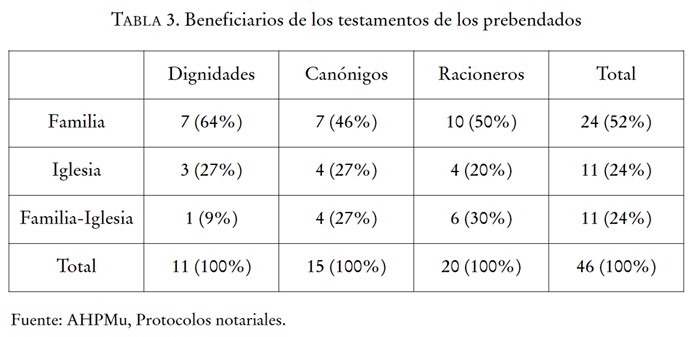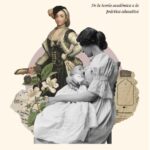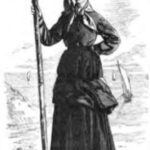Pietist currents were a normalised reality in the peninsular sphere during the modern age. They were characterised as movements that sought a more active religiosity through an intimate and personal experience of religion. However, at certain junctures, pietistic movements were generated which became heterodox and were consequently persecuted by the religious authorities. Alumbradism was a pietist movement that was very important in the Valencian area during the 17th century, and was studied by professor Cayetano Más Galvañ. It was characterised by the formation of closed groups in which an internalisation of the faith was advocated, the rejection of vocal prayer, abandonment, etc. The ecclesiastical authorities decided to persecute them because they disregarded religious authority and threatened the existence of social barriers.
Collection: Statistics
Project: 7. Persecuted by justice and powers: rebels, political dissidents and criminals in the history of Europe.
Chronology: XVII
Scope: Secondary Education, Baccalaureate, University
Link: https://rua.ua.es/dspace/bitstream/10045/28505/1/RHM_21.pdf
Resource type: Statistics
Format: Table
Source: MAS GALVAÑ, Cayetano (2003): “Un grupo de alumbrados en el sur valencianodurante el siglo XVII (Novelda y Alicante, 1679-1682”, Revista de HistoriaModerna. Anales de la Universidad de Alicante, 21, pp. 293-303 [e-revista]
Language: Spanish
Date: 2003
Owner: Djebril Bouzidi (Modernalia)
Identifier: MAS GALVAÑ, Cayetano (2003): “Un grupo de alumbrados en el sur valencianodurante el siglo XVII (Novelda y Alicante, 1679-1682”, Revista de HistoriaModerna. Anales de la Universidad de Alicante, 21, pp. 293-303 [e-revista]
Copyright: © Cayetano Mas Galvañ y © Revista de Historia Moderna
Abstract: Prosecuted for illuminism in Alicante and Novelda during 1682
Tags






